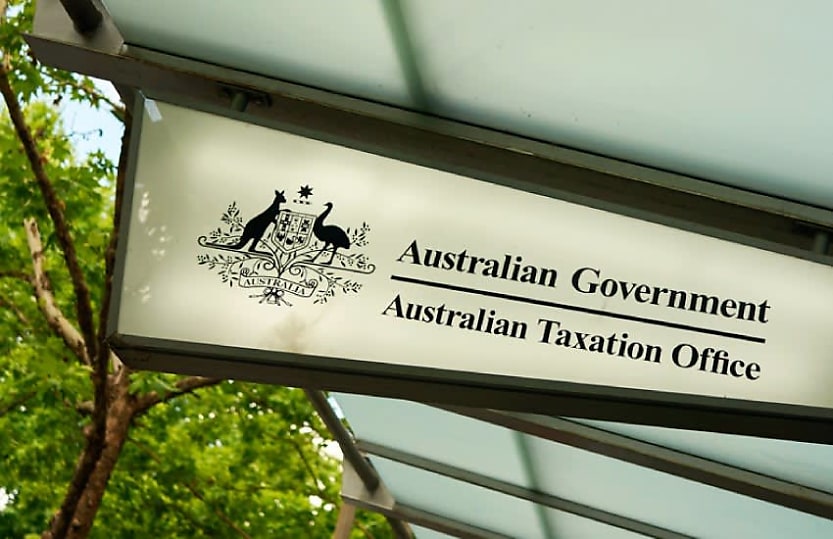ATO activity on SG ramps up as data-matching program expands

The ATO is responding more rapidly to late SG payments by employers as it expands the use of its data-matching capabilities, a technical expert cautions.
The Tax Office has started undertaking more proactive action on employers who fail to pay super guarantee (SG) payments on time or lodge super guarantee charge statements following the rollout of Single Touch Payroll (STP) Phase 2 and the expansion of the ATO’s data-matching programs, according to Insyt chief executive Darren Wynen.
The technical consultant said he is hearing increased instances of the ATO undertaking audit activity in regard to SG payments and issuing reminders to businesses to pay SG and lodge their super guarantee charge statement in much shorter periods than previously.
“Previously accountants would just check to see that the 11 per cent of whatever the rate is multiplied by wages had been satisfied,” said Mr Wynen.
“The ATO now have the detail to drill down and work out during the year what quarters people have been late paying their super and not lodging their super guarantee charge statements.”
In an update last week, the ATO announced it would soon be expanding the use of information reported through Single Touch Payroll by employers and information reported by super funds through the Member Account Transaction Service.
The Tax Office said while it already holds this information, it is making improvements to how it uses it to detect when employers get off track to protect the retirement savings of their employees.
It previously flagged plans in its 2022–23 Corporate Plan to expand the use of STP data in order to create a view of employees’ superannuation guarantee (SG) data provided by all super funds and employers in one place.
This will enable the ATO to follow up on employer non-compliance more proactively, the ATO said.
“This change will benefit your members as we can ensure employers are paying their employee’s SG contributions in full, on time and to the right fund,” it said in a statement last week.
Mr Wynen said that one potential benefit of the expanded data matching program is that it will minimise the super guarantee charge as late payments won’t accumulate for longer periods.
“If clients have audits where they go back a number of years then effectively often what happens is the interest keeps rolling on until they get audited or until they lodge their statement,” he said.
“So, the ATO pulling them up ahead of time is probably a good thing because it will minimise the interest which will minimise the super guarantee charge.”
Mr Wynen said in many cases late payments were being driven by a lack of misunderstanding around the rules and nuances with the timing of payments.
“For example, often there’s a misunderstanding that people think that the time the payment hits the clearing house is the time the contribution is made. However, that’s only the case for the ATO’s small business clearing house,” said Mr Wynen.
“So, sometimes people can contribute to the clearing house and think that they’ve met their obligations, only to find out that they haven’t because effectively the fund hasn’t allocated that money within the time frame.”
About the author







